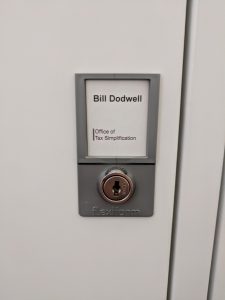 There will be a collective sigh of relief from many UK and US multinationals at the European Commission’s ruling in favour of Luxembourg and McDonald’s. The US-parented group held intellectual property rights in a Luxembourg company, which assigned them to a US branch. The Luxembourg tax authority agreed that the income from the rights (intragroup royalties) should be allocated to the US, under the Luxembourg-US tax treaty. However, as the branch’s presence did not amount to a taxable presence under US law, no actual tax arose.
There will be a collective sigh of relief from many UK and US multinationals at the European Commission’s ruling in favour of Luxembourg and McDonald’s. The US-parented group held intellectual property rights in a Luxembourg company, which assigned them to a US branch. The Luxembourg tax authority agreed that the income from the rights (intragroup royalties) should be allocated to the US, under the Luxembourg-US tax treaty. However, as the branch’s presence did not amount to a taxable presence under US law, no actual tax arose.
The Commission finally agreed that the US presence did amount to a foreign branch or permanent establishment, as defined in Luxembourg law. In this case (and many others like it) the effective non-taxation of almost all the profits arose from the US definition of taxable presence, which does not follow the OECD standard.
Luxembourg, like many other countries, is taking steps under the BEPS project to modify its law, such that non-taxation may not arise in the future. The US has a new model treaty, which would do the same thing – although the Senate has not ratified any US Double Tax Treaties for many years.
The ruling may cause the UK to be more optimistic about the outcome of its own state aid enquiry into the finance company exemption, under controlled foreign companies’ legislation. For the first time in recent years, the Commission has acknowledged that low, or even no, taxation isn’t necessarily state aid.
